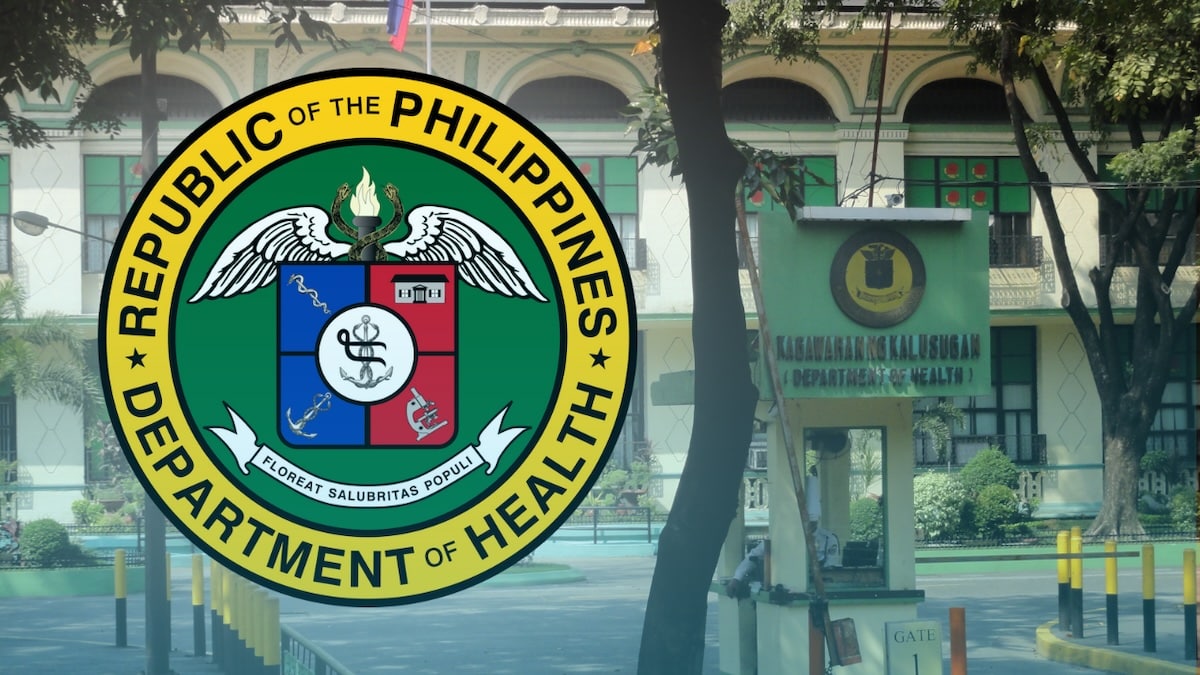fc188 DOH activates emergency response in Aurora due to Nika

INQUIRER FILE PHOTO
The Department of Health (DOH) Central Luzon activated emergency response efforts in the province of Aurora on Monday, Nov. 11, to protect public health as Typhoon Nika (international name: Toraji) intensified.
Through its provincial office in Aurora, the DOH Center for Health Development (CLCHD) is closely monitoring evacuation efforts, with health assessments provided to evacuees to address urgent medical needs.
Article continues after this advertisementAs of 11 a.m., 1,834 families, or 5,244 individuals, mostly from the northern part of the province (Dilasag, Casiguran, and Dinalungan), have evacuated from their homes.
FEATURED STORIES NEWSINFO Storm Ofel gains strength; Luzon landfall forecast on Nov. 14 NEWSINFO Tropical Storm Ofel enters PAR, may reach typhoon status Nov 13 NEWSINFO ‘Count me out’ as Davao mayor, says ‘tired’ DuterteREAD: Nika forces evacuation in Aurora due to intense rains, winds
DOH CLCHD is also working closely with local stakeholders to enhance response efforts and has prepositioned essential medical supplies, emergency kits, and water, sanitation, and hygiene (WASH) resources.
Article continues after this advertisementThe agency affirmed its commitment to supporting local health systems and delivering essential aid to affected communities throughout Central Luzon.
Article continues after this advertisementNika intensified further as it made landfall in Dilasag, Aurora, at 8:10 a.m.
The towns of Dilasag and Casiguran are under Tropical Cyclone Wind Signal (TCWS) No. 4. Dinalungan is under Signal No. 3; Dipaculao, Maria, and Baler are under Signal No. 2, while Dingalan and San Luis are under Signal No. 1. INQ
Subscribe to our daily newsletter
